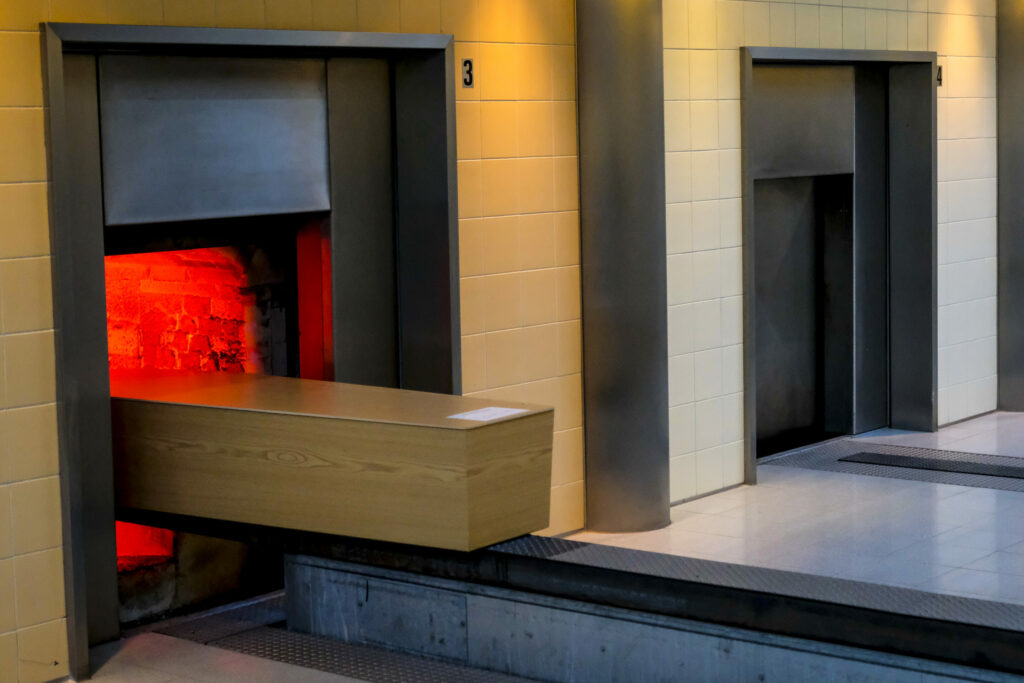For a long time, burials were considered the traditional and correct way of laying bodily remains to rest. But cremations are now the preferred option, a trend particularly pronounced in Flanders but that also can be seen in Belgium's other regions.
1 November marks All Saints' Day, when many Belgian families visit the graves of their loved ones in cemeteries to decorate them with flowers and candles. However, fewer people are now opting to be buried in cemeteries, especially in Flanders.
Of all the people who died last year in the Dutch-speaking region, 78% were cremated. The remaining 22% were buried. In other words, four in five people opted for cremation before they died, figures from the United Network of Public Crematoria (VNOC) showed. Flexibility seems to be the main driver.
"Cremation offers more options," funeral home Sereni's director for Flanders, Thomas Heiremans, told VRT NWS. "With a funeral, the deceased's final resting place is by definition a cemetery. With cremation, you can take the ashes to a columbarium, but you can also keep them at home. Even scattering them at sea is an option."
Cost is thought to be less of an explanation, as a cremation is not necessarily cheaper than a burial.
Difference between regions
While in Flanders the rise in cremations is significant, in Brussels and Wallonia the ratio remains the other way. In both regions, only slightly more than half of funerals are cremations and burials remain very common.
There are also fewer crematoria in these regions: while Flanders has 12, with one located on the border with Brussels, Brussels has one and in Wallonia, there are seven such buildings.
The difference between urban and rural areas is clear in Wallonia: cremations are much more common in densely populated areas, while in rural areas, people are more traditional about funerals and opt for burials.
In Brussels, the number of cremations decreased for a period. There are two reasons for this: crematoria have been added around the Brussels periphery in recent years, meaning some people living in Brussels may choose a crematorium outside their region and therefore be counted in the figures of Flanders or Wallonia.
However, the key explanation is the large Muslim community in Brussels. Because Islamist religious rules state that deceased people cannot be cremated, this option is not available to a large share of Brussels' population.

